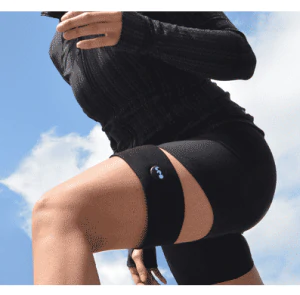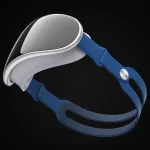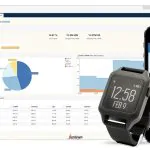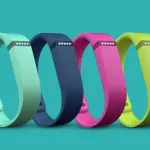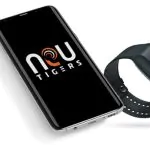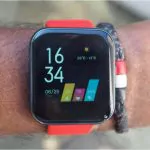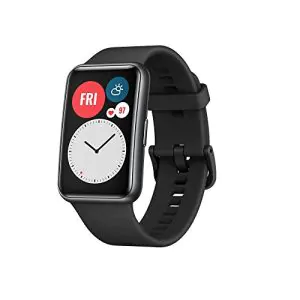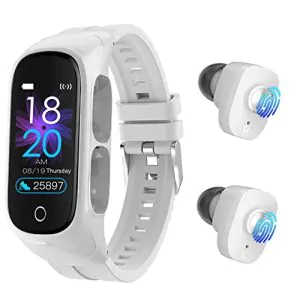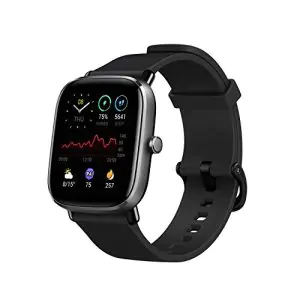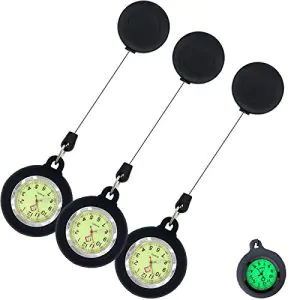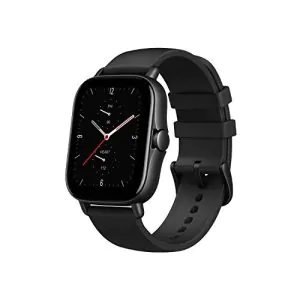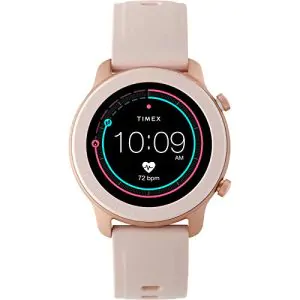Canadian wearables company GestureLogic has pulled in over $130,000 on IndieGoGo for its new fitness technology LEO.
The company claims that LEO’s capabilities surpass current fitness wearables by tracking users complex biosignals, such as muscle activity or lactic acid levels, with biomedical monitoring technology. LEO then translates this data into simple and actionable recommendations and notifies users of potential injury, all in real-time via a smartphone application.
Popular fitness wearables estimate performance metrics based on a very limited data set because they are predominately accelerometer-based, meaning they track their own motion instead of measuring human body signals,†said Dr. Leonard MacEachern, CEO of GestureLogic. LEO takes the guesswork out of fitness tracking because it is a biomedical device that actually monitors your body. This data is then put in an easy to understand format with clear instructions on how to interpret and use it – a huge differentiator from previous generations of fitness wearables, which provided information, but little or no guidance on what to do with that information.
Slated to cost around $299, it should launch sometime in fall 2014.
